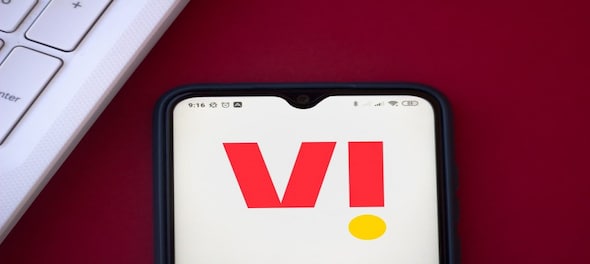
Vodafone Idea (Vi) will try to ensure that the adjusted gross revenue (AGR) dues are 'fixed,' even if its review petition is rejected. The telecom major had filed a review petition in the Supreme Court on August 11, against its July 23 order. The company will file a curative petition if the plea for review is rejected by the top court.
“If our review petition is rejected by the Supreme Court, we do have the ability to file a curative petition, and we certainly intend to do so, although we hope it doesn’t come to that,” managing director Ravinder Takkar said during an earnings call.
The July 23 order had rejected the petition of telecom companies Bharti Airtel and Vodafone Idea to allow for the re-computation of the AGR dues that are owed to the Department of Telecommunications (DoT). After the order was passed, Vi's shares tanked and Aditya Birla Group chairman Kumar Mangalam Birla resigned as non-executive chairman and director of Vi.
Vodafone Idea, which is owned by the Vodafone Group and the Aditya Birla Group, owes more than Rs 1 lakh crore in all, with over Rs 60,000 crore due to the DoT. The company is trying to refinance Rs 6,000 crore worth of non-convertible debentures that will be maturing from December, 2021.
Article 137 of the Constitution of India, enshrines the power to the Supreme Court to 'review' any order or judgment made by it previously.
Even if a review petition is rejected, a curative petition remains an option in cases of gross miscarriage of justice. Unlike the review petition, the curative petition is not enshrined in the Constitution but emerged as an interpretation of Article 137 by the Supreme Court in the Rupa Ashok Hurra vs Ashok Hurra and Anr. (2002) case.
However, due to the legal principles, review and curative petitions rarely work if they do not have a strong legal basis. In case the apex court believes that the petition has no merit, it also has the power to impose "exemplary costs" on the petitioner.
(Edited by : Shoma Bhattacharjee)
First Published: Aug 17, 2021 6:06 PM IST
Check out our in-depth Market Coverage, Business News & get real-time Stock Market Updates on CNBC-TV18. Also, Watch our channels CNBC-TV18, CNBC Awaaz and CNBC Bajar Live on-the-go!


Punjab Lok Sabha elections: Check full list of AAP candidates and constituencies
May 18, 2024 12:59 PM
PM Modi, Rahul Gandhi election rallies in Delhi today: Here are the routes to avoid
May 18, 2024 11:28 AM

